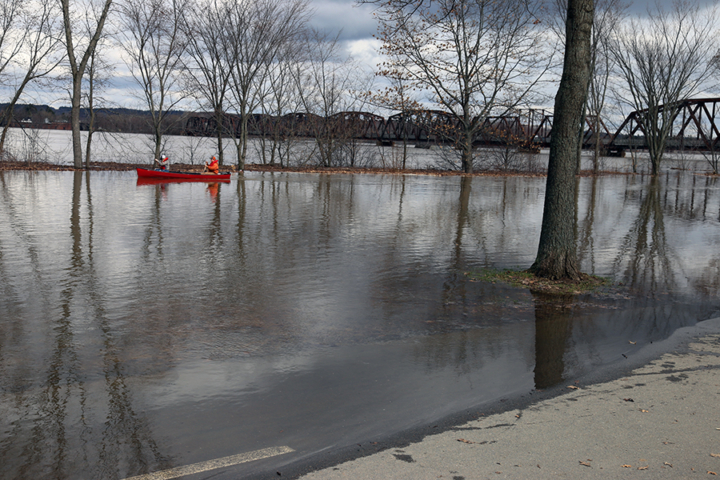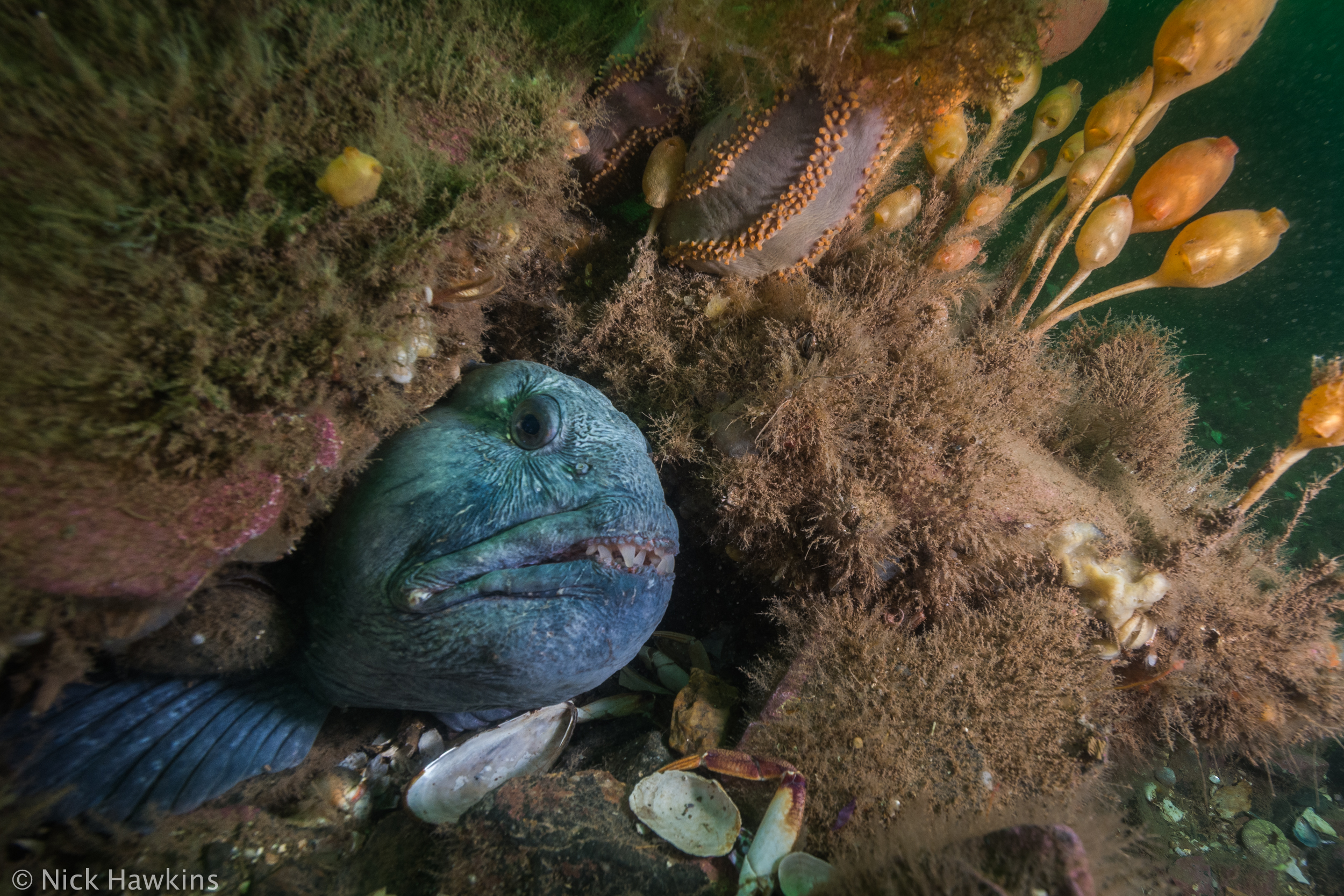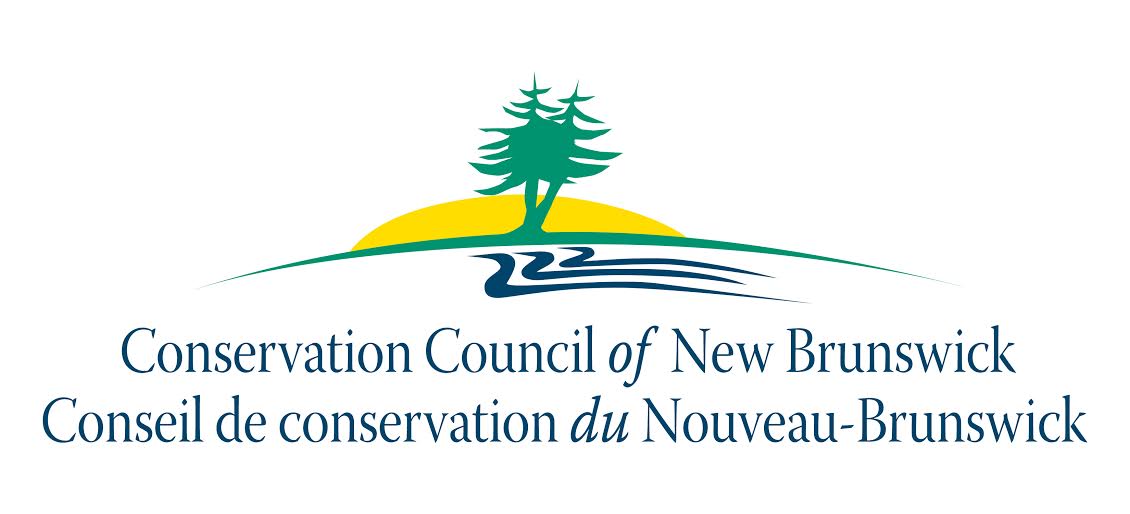Protecting our water from pollution
We need to prevent pollution from being released into our precious waterways.

New Brunswick is rich in beautiful lakes, rivers and streams. New Brunswickers value this beautiful natural heritage and worry that the health of our water and our people is at risk from too much pollution. At the same time, New Brunswickers do not perceive themselves as big players in water protection and have yet to adequately prepare for climate change related risks like flooding.
This complex picture of our relationship to water emerges from a comprehensive 2016 online survey of 502 residents conducted for the Conservation Council by Corporate Research Associates. The survey was developed using a national survey of attitudes toward fresh water conducted by the Royal Bank of Canada (RBC) in 2016. Organizations reporting national survey results generally combine results for all Maritime provinces in their data analysis is based on small numbers of regional respondents. The Conservation Council, with this survey, corrects for these flaws and establishes a comprehensive provincial baseline on fresh water and emergency preparedness that can credibly be compared to national results.
While clean water clearly is a health and natural resource concern for New Brunswickers, there is less awareness of the water-related impacts and risks associated with a changing climate. Seventy-seven percent of respondents believe they are not at risk of flooding or drought, with only 28% believing that their family is likely or very likely at risk of flooding; 36% believe the same about post-tropical storms or hurricanes. When asked if they are worried about a range of extreme weather events, respondents showed low levels of worry, with 21% worried or very worried about floods; 21% about post-tropical storms and hurricanes; 12% drought; and 34% ice and hail storms.
New Brunswickers also show a low level of preparedness for extreme events like flooding (29%); post tropical storms and hurricanes (25%); 15%, droughts; and 35% ice and hail storms. When asked how prepared residents feel to deal with the consequences of extreme events, 25% of respondents feel prepared or very prepared to be displaced from their home; 31% prepared for a loss of drinking water; and 45% a loss of power. Given the recent 2017 ice storm in the Acadian Peninsula leaving many without power, heat and safety for over 10 days, these results are a concern.
To understand whether there was a relation between location and flood risk awareness and preparedness, we plotted postal code results on existing flood risk and projections for flood risk by 2050. As can be seen in Figures 3, 4, and 5 the summary results hold, with the vast majority of survey respondents not aware of current or future flood risk or feeling prepared.
The Conservation Council believes survey results underscore the need for government leadership both on cleaning up, and preventing, pollution being released into our precious waterways and on investing in infrastructure and preparedness to protect citizens and communities from the risks of extreme weather resulting from climate change.
Featured Stories

Baykeeper submits recommendations on tool to protect ocean habitat, wildlife


